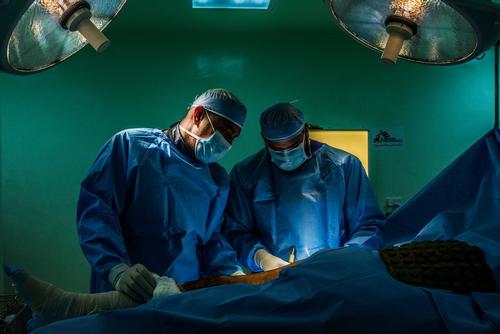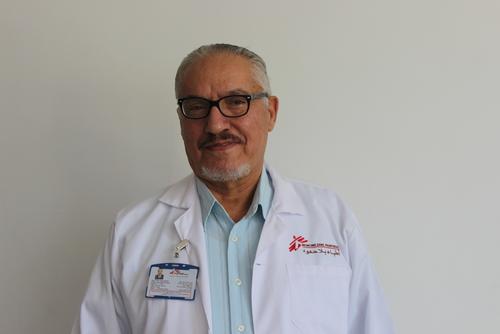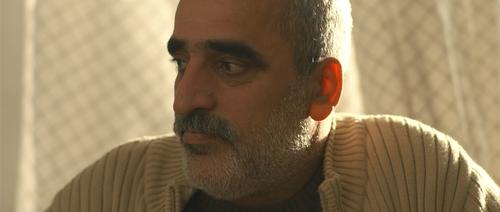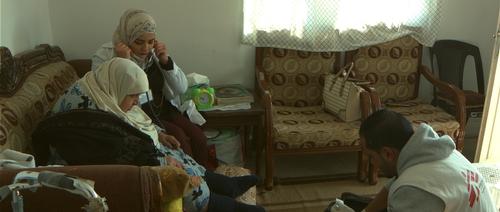Following several months of scaling up the capacity of MSF hospital for reconstructive surgery in Amman, hundreds of complicated war injuries keep on flowing while the waiting list is getting longer. This reflects the demand of such specialized care resulted from the continuing unrest across the region.
In the first half of 2016 alone, 300 wounded arrived from Iraq, Yemen, Syria and Palestine.
The hospital continues to provide the same surgical specialities: orthopaedic, plastic and maxillo-facial. And the team is looking into adding new surgical specialities in the near future.
Since 2006, the hospital has admitted over 4,224 cases and conducted over 9,000 surgeries. Cases are identified by a network of Medical Liaison Officers in the patients’ countries of origin. Such numbers are just a drop in the ocean in the numbers of war victims suffering the consequences of regional turmoil.
"A network of eight Medical Liaison Officers work with the medical team in Amman to identify and refer cases from Iraq, Syria, Yemen and Gaza. The waiting list is getting longer and the cases we receive are getting more complicated which reflects the ugly face of war in the countries of origin of the patients. We receive cases of injuries caused by bombs, explosions, and missiles. For orthopaedic/bones cases for instance, bones are not just broken but shattered. Burn injuries are very severe and over much of the body. For face injuries, many cases arrive with half of the face completely blown-off, severe damage in lower and upper jaws. Many of have lost mobility in parts of their body, other have lost limbs. They often need advanced reconstructive surgery, often over many months and even years." Said Dr. Hani Sleem, Network Medical Manager.
"Building a medical network in non-stabilized contexts is a huge challenge for MSF but it’s a necessity knowing that it’s the only project of its kind in the region providing rehabilitation and reconstructive surgery for war victims for free." Dr. Hani continued.
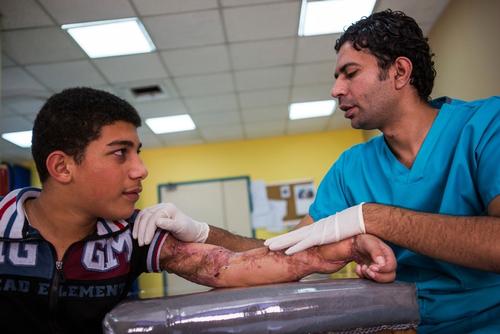
The wounds at emotional level are much deeper, most of the patients have been through unimaginable terror, and their lives have been changed forever because of disfigurements and the loss of a beloved one. Psycho-social support offered by a Specialized MSF team is a crucial part of their recovery.
"There is one case that I can still remember quite clearly, a patient who was tortured in prison only a few hours after being wounded. He was deprived of the most basic health care services, and was severely subjected to extreme torture, at a time where he was still bleeding. A few days later, his wound got rotten and extremely infected, which led to the need of an amputation surgery later. I cannot forget when he spoke to me with tears in his eyes, he was treated so inhumanely." Said Dr. Naser Al-Omari, Psycho-social counsellor, Amman Hospital.
Patients are offered a comprehensive package of medical care includes physiotherapy and psychosocial support alongside surgical interventions. They are also given accommodation, now available on site in the new location, and financial travel assistance to reach the hospital and return home after or in between treatments, if the care plan is staggered over time.



